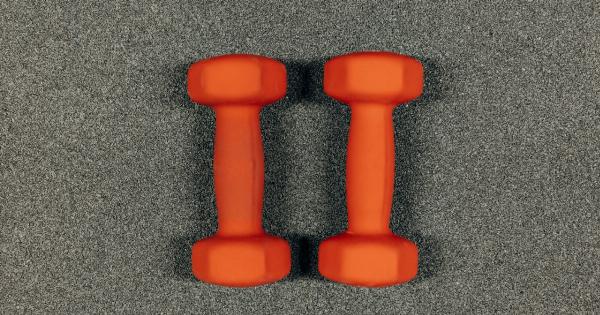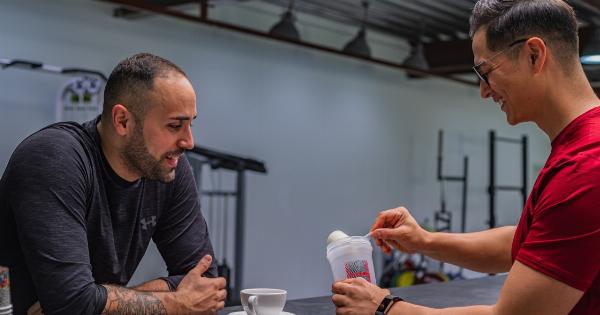Proteins are an essential nutrient that helps in the growth and repair of body tissues. They are also responsible for the production of enzymes, hormones, and other molecules required for the proper functioning of our body.
However, the protein requirements vary among individuals based on their age, gender, weight, and other factors. In this article, we will discuss the age-wise recommendations for protein intake.
Infants (0-6 months)
Infants require a high amount of protein for their growth and development. The recommended intake of protein for infants is 1.52 grams per kilogram of body weight per day.
Infants (7-12 months)
For babies aged 7-12 months, the recommended daily protein intake is 1.2 grams per kilogram of body weight. Breastmilk or formula provides adequate protein for infants at this stage, and there is generally no need for additional protein sources.
Toddlers (1-3 years)
Toddlers aged 1-3 years require 1.05 grams of protein per kilogram of body weight per day. They can get their protein from a variety of sources like meat, fish, eggs, dairy, beans, and lentils.
Children (4-8 years)
Children aged 4-8 years require 0.95 grams of protein per kilogram of body weight per day. As kids grow, their protein needs remain high. Foods like chicken, fish, cheese, nuts, and yogurt provide a good amount of protein to meet their needs.
Preteens and Teenagers (9-13 years)
Preteens and teenagers going through puberty require more protein for their growth and development. The recommended daily protein intake for this age group is 0.95-1.52 grams per kilogram of body weight.
Food sources like eggs, peanut butter, lean meats, and seafood can provide adequate protein.
Adults (14-70 years)
Adults require a protein-rich diet to maintain healthy muscles, bones, and tissues. The recommended daily protein intake for adults is 0.8 grams per kilogram of body weight.
Foods like lean meat, fish, beans, nuts, and soy products are great sources of protein for adults. However, the protein needs may increase for individuals who engage in regular exercise or sports.
Elderly (70+ years)
As we age, our body’s ability to absorb and utilize protein decreases. Elderly individuals may require a higher protein intake to maintain their muscle mass and strength.
The recommended daily protein intake for individuals aged 70+ is 1-1.2 grams per kilogram of body weight. Legumes, eggs, dairy, and protein-rich smoothies are great sources of protein for the elderly.
Pregnant and lactating women
Pregnant and lactating women require additional protein to support the growth and development of the fetus and their own bodily needs.
The recommended daily protein intake for pregnant women is 1.1 grams per kilogram of body weight, while lactating women require 1.3 grams per kilogram of body weight. Foods like lean meat, chicken, fish, eggs, dairy, and beans provide ample protein for pregnant and lactating women.
Conclusion
Protein intake varies among individuals across different age groups. Adequate protein intake is essential for the growth, development, and maintenance of our body’s organs and systems.
This age-wise protein requirement table can help individuals understand their required protein intake and make healthier choices when it comes to their dietary decisions.





























